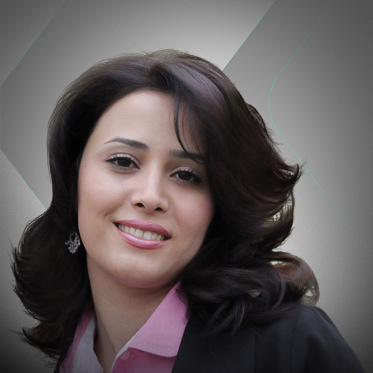VIDEO: Senior US diplomat says Washington must firmly counter Iran
WASHINGTON DC, United States (Kurdistan 24) – A senior United States diplomat recently said Washington has to be firm in curbing Iran’s nuclear activities.
James Jeffrey, the former United States Ambassador to Iraq, told Kurdistan 24 the new US administration must act on the resolution to defy Iran’s territorial ambitions.
“We must be much more aggressive countering Iran’s activities throughout the Middle East but particularly in Iraq and Syria where the independence of both countries [is] at stake,” Jeffrey stated.
The senior American diplomat, an expert in political, security, and energy issues in the Middle East and Turkey, said both Democrats and Republicans agree on this view.
He added that containing Iran would not necessarily mean canceling the nuclear deal.
President Donald Trump is set to announce a final decision on Oct. 15 about a strategy to stop Iran’s expansion of regional influence.
He is also expected to designate Iran’s most powerful security force, the Revolutionary Guards Corps (IRGC), as a terrorist organization as part of a broader US strategy on Tehran.
IRGC commander Mohammad Ali Jafari said that “if the news is correct about the stupidity of the American government in considering the Revolutionary Guards a terrorist group, then the Revolutionary Guards will consider the American army to be like the Islamic State (IS) all around the world.”
He added that Americans would have to move their regional bases outside the 2,000-kilometer (1,250 miles) range of IRGC’s missiles.
At a news conference on Monday, foreign ministry spokesperson Bahram Qasemi said, “We are hopeful that the United States does not make this strategic mistake,” the IRNA state news agency reported.
“If they do, Iran’s reaction would be firm, decisive, and crushing, and the United States should bear all its consequences,” Qasemi explained.
At the UN in September, Trump labeled Iran “a corrupt dictatorship,” and called the nuclear deal negotiated by his predecessor Barack Obama “an embarrassment.”
Washington is not the only party to the 2015 deal with Iran that lifted economic sanctions in return for curbing the country’s nuclear program.
Britain, France, Germany, Russia, and China also agreed to the program.
US sanctions on the IRGC could affect conflicts in Iraq and Syria, where Tehran and Washington both support warring parties that oppose IS.
In August, the US Congress overwhelmingly approved the “Countering America’s Adversaries Through Sanctions Act” which imposed new sanctions on Iran for its ballistic missiles program.
This prompted Iranian President Hassan Rouhani to warn that Tehran would tear the nuclear agreement apart in “a matter of hours” if new sanctions were issued.
“If they want to go back to that experience, definitely in a short time – not weeks or months, but on the scale of hours and days – we will return to our previous situation very much stronger,” Rouhani declared.
Tensions have escalated between Tehran and Washington since Iran conducted missile tests and strikes. Each country accuses the other of violating the spirit of the deal.
In July, President Trump and his administration imposed new economic sanctions on Tehran.
The US government said the sanctions targeted 18 entities and people for backing “illicit Iranian actors or transnational criminal activity.”
The Trump administration added the sanctions were enforced over Tehran’s ballistic missile program and its “malign activities” in the Middle East which destabilized any “positive contributions” from the 2015 Iran nuclear accord.
Editing by Karzan Sulaivany
(Kurdistan24 team in Washington, DC conducted the interview)
